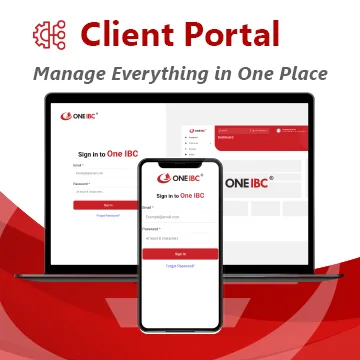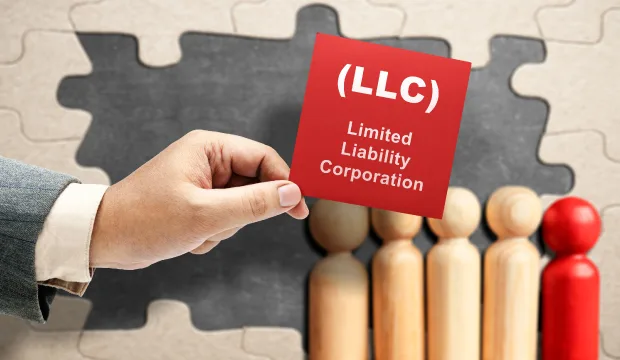7. What are the 4 key steps in developing a business plan?
1. Executive summary
Even though it is one of the shorter parts of a business plan, you should devote the most effort to it.
No matter how many pages your business plan is, whether it is five or thirty, the executive summary section must summarize everything in the plan in only two pages. This section draws a lot of attention because the reader may simply glance at it before deciding whether to continue or stop reading.
2. Marketing plan
Competitive analysis section
Reading the competitive analysis section helps comprehend enterprises’ competition.
About five competitors should be listed here, along with their advantages and disadvantages. When examining your competition, some points to consider include:
- Operating time
- Accessibility
- Pricing
- Return policy
- Budget for marketing (or a rough estimate)
- Reputation of a brand
- Policy for product delivery (is it provided free, at cost, or not at all?)
- Additional goods and services
- Purchasing number (which may equate to lower or higher costs).
Specific marketing actions
Your marketing action plan, which is utilized to put your business idea into practice, develops the precise marketing actions.
Make a note of the implementation costs for each of the five marketing phases (the sum of which will be your marketing budget), if enterprises can accomplish each step on their own or if they require help, and the projected sales (which when added together, become the sales forecast).
3. Key management bios
Include a one-page biography for each of the important figures in your company.
These biographies should be written in a way that shows you've "been there, done that," and you know how to do it again. You want to show that you possess both the technical know-how and the leadership abilities required for the job. Mention your plans for bringing on more team members to fill any potential experience or skill shortages.
4. Financial plan
The financial statements are one of the last components in your business plan. The business plan is demonstrated to be practical in the parts of products and services, marketing, operations, and personnel, but it is proven to be profitable in the financial area.

















 Processing
Processing